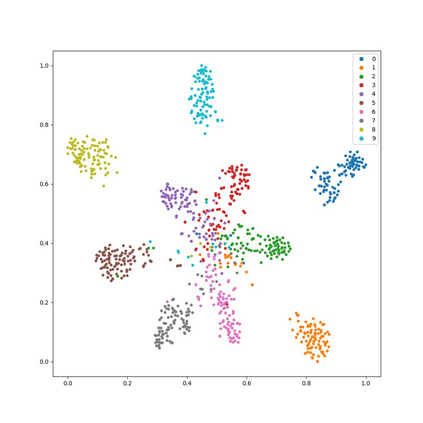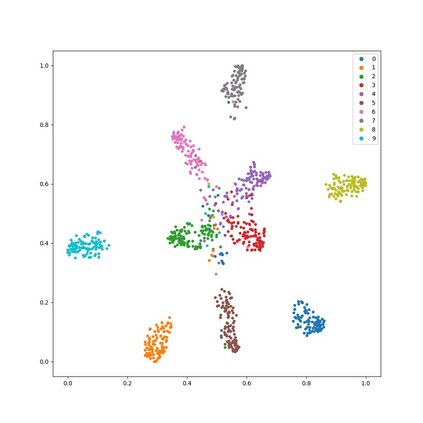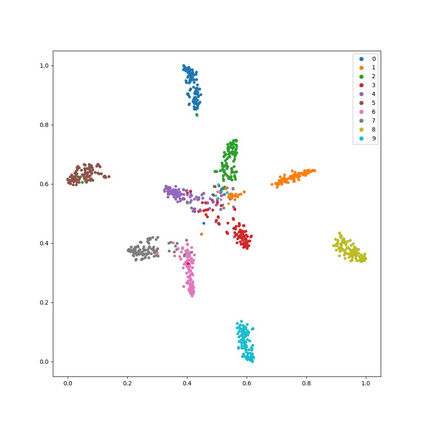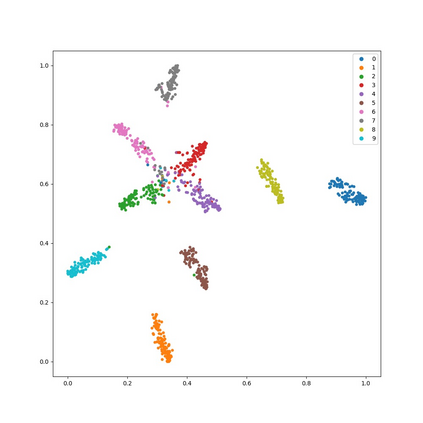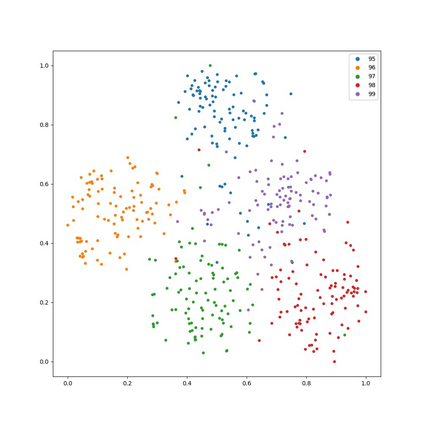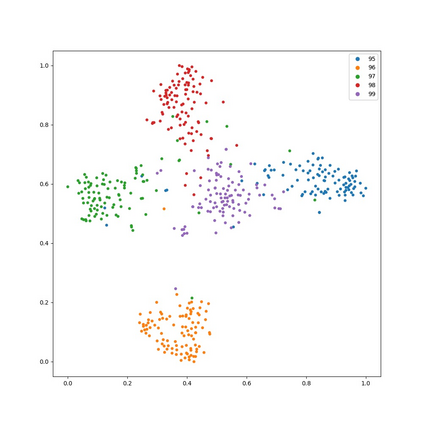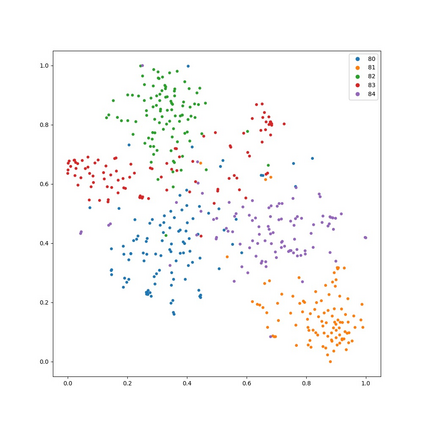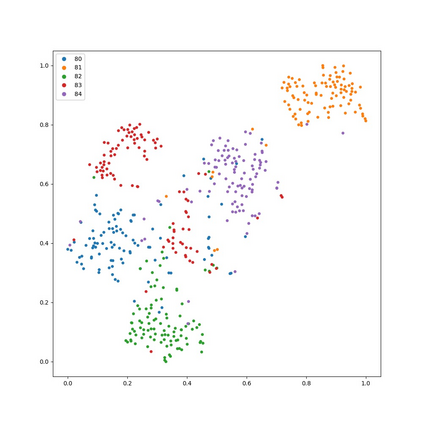Few-shot class-incremental learning (FSCIL) confronts the challenge of integrating new classes into a model with minimal training samples while preserving the knowledge of previously learned classes. Traditional methods widely adopt static adaptation relying on a fixed parameter space to learn from data that arrive sequentially, prone to overfitting to the current session. Existing dynamic strategies require the expansion of the parameter space continually, leading to increased complexity. To address these challenges, we integrate the recently proposed selective state space model (SSM) into FSCIL. Concretely, we propose a dual selective SSM projector that dynamically adjusts the projection parameters based on the intermediate features for dynamic adaptation. The dual design enables the model to maintain the robust features of base classes, while adaptively learning distinctive feature shifts for novel classes. Additionally, we develop a class-sensitive selective scan mechanism to guide dynamic adaptation. It minimizes the disruption to base-class representations caused by training on novel data, and meanwhile, forces the selective scan to perform in distinct patterns between base and novel classes. Experiments on miniImageNet, CUB-200, and CIFAR-100 demonstrate that our framework outperforms the existing state-of-the-art methods. The code is available at https://github.com/xiaojieli0903/Mamba-FSCIL.
翻译:暂无翻译



































